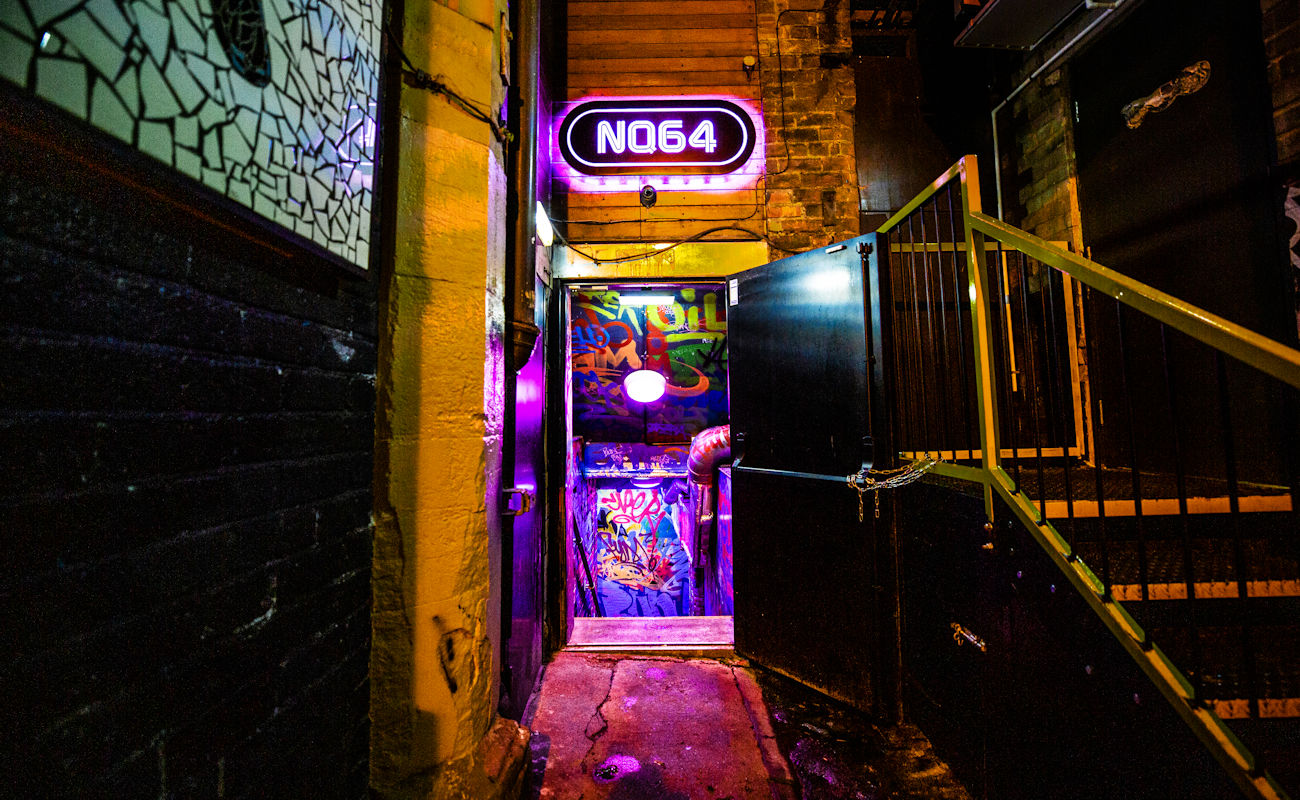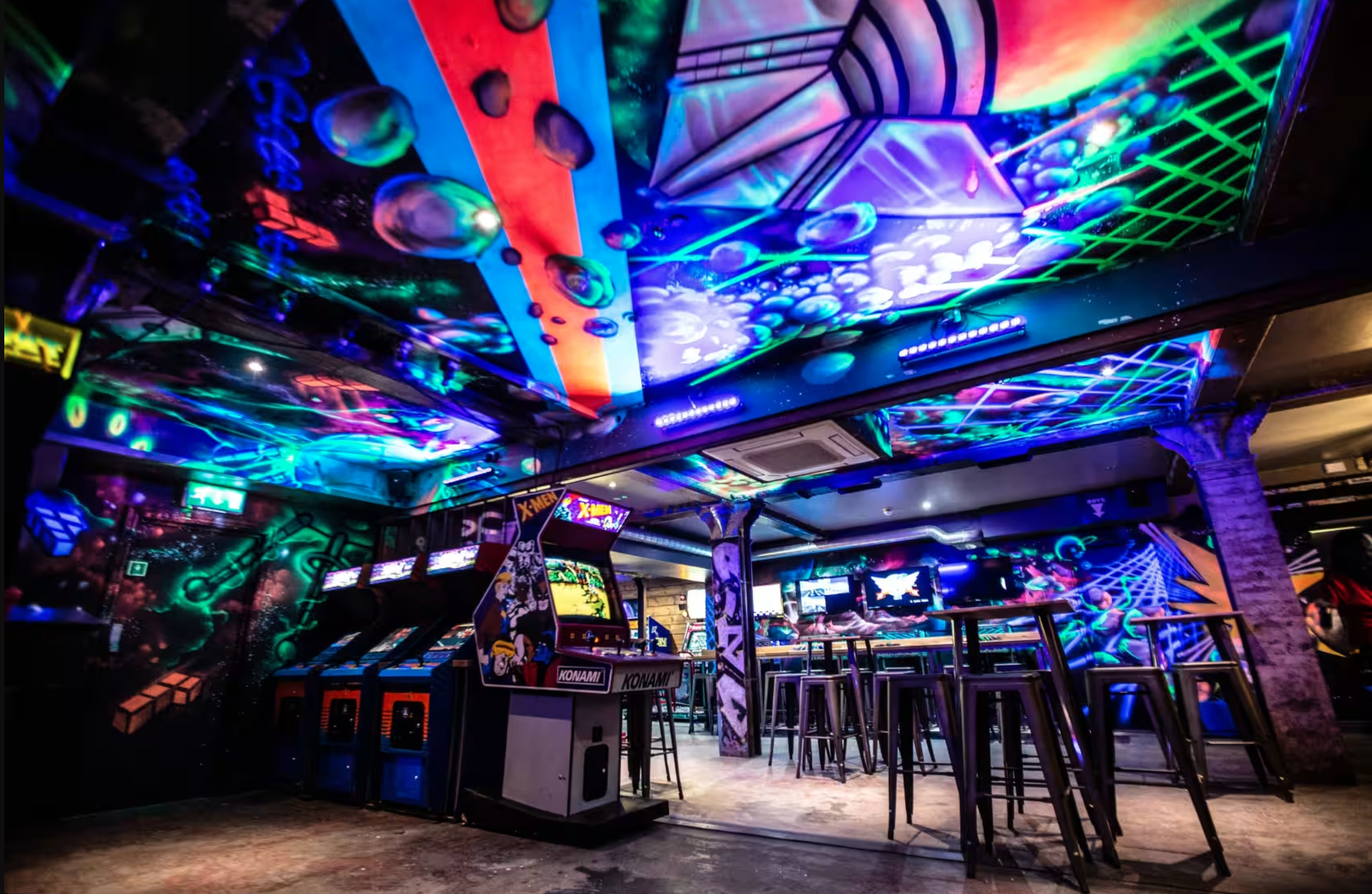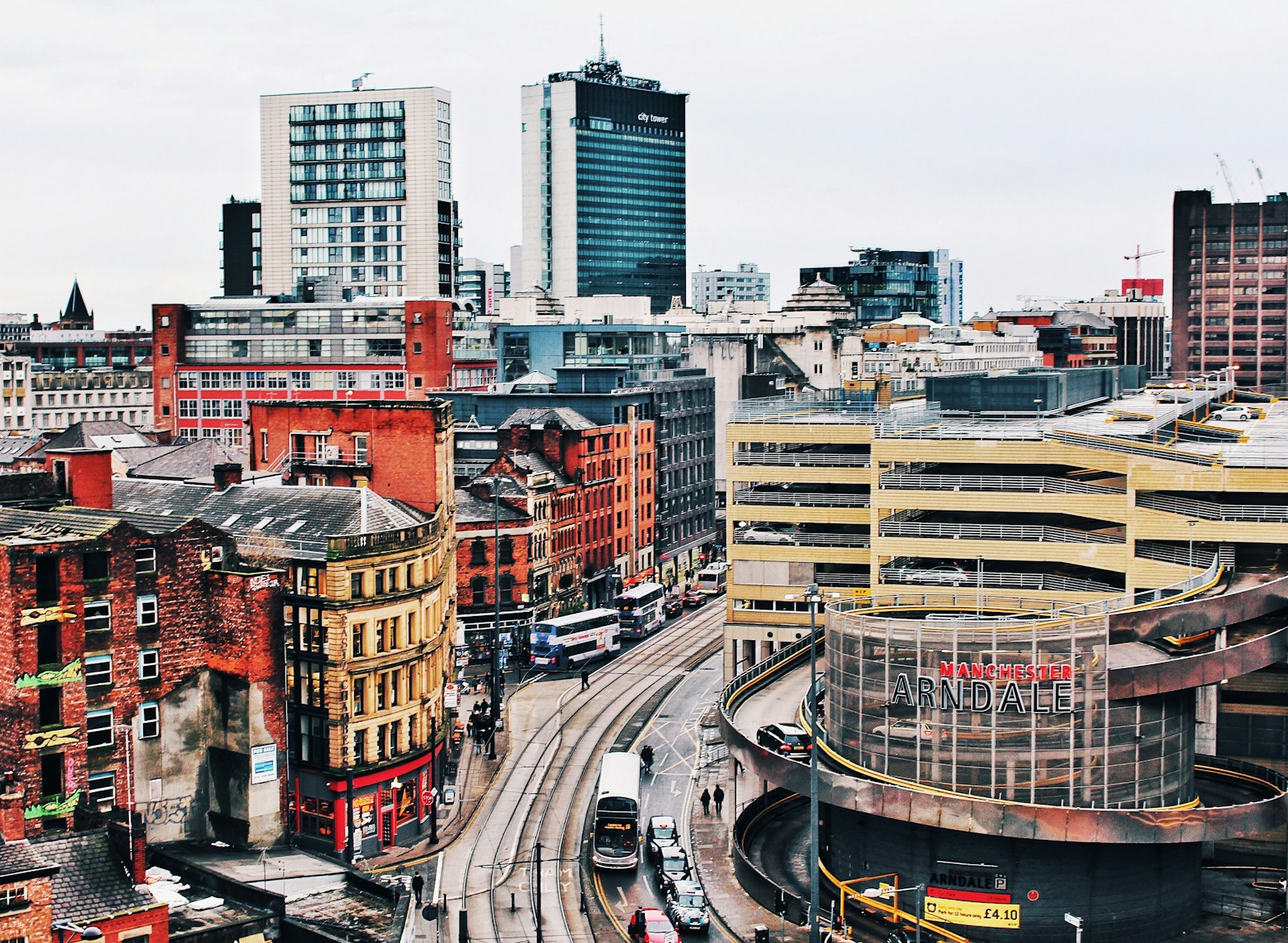The experience economy is increasingly recognised as a powerful driver of economic growth and regeneration in UK town centres. As consumers shift from valuing material goods to prioritising memorable, immersive experiences, towns across the UK are leveraging this trend to revitalise retail spaces, boost local economies, and enhance community engagement. The economic impact of these offerings on UK town centres is multi-dimensional, affecting job creation, property values, retail footfall, tourism, and local businesses. Below is a detailed analysis of these impacts:
1. Revitalisation of Vacant Retail Spaces
One of the most direct impacts of experience economy offerings is the transformation of underused or vacant retail spaces into vibrant hubs of activity. As traditional retail has struggled in the face of e-commerce and changing consumer preferences, many UK town centres have been left with high levels of empty retail units, which can depress local economies and deter investment.
Immersive experiences – such as pop-up events, interactive exhibits, and themed environments – breathe new life into these vacant spaces, often requiring less permanent infrastructure investment compared to traditional retail or hospitality ventures. This revitalization:
- Increases property values: By re-occupying empty units, the value of surrounding commercial properties can rise due to improved foot traffic and the attractiveness of the area to investors and developers.
- Encourages further investment: A successful immersive offering can act as a catalyst for wider investment in a town centre, encouraging other businesses to set up shop or expand.
2. Boosting Local Employment
The experience economy creates a range of job opportunities, many of which are local and diverse in skill set:
- Direct Employment: Immersive experiences require staff for roles such as ticketing, customer service, hospitality, event management, technical operations (such as VR or AR setup), and creative roles (actors, performers, guides).
- Creative and Technical Employment: Many immersive experiences, particularly those involving digital elements, create demand for local creative professionals (artists, designers, writers) and technical specialists (software developers, AV technicians).
- Indirect Employment: The presence of these experiences can lead to increased demand for local services such as catering, cleaning, and security, creating additional jobs.
The creation of jobs not only provides employment for locals but can also attract skilled workers to the area, contributing to the local talent pool and fostering a more dynamic labour market.
3. Increased Footfall and Consumer Spending
The primary economic benefit of immersive experiences is their ability to draw large crowds and significantly increase footfall in town centres. This is crucial for towns facing dwindling visitor numbers due to the decline of traditional retail. Experience-based offerings create reasons for people to visit town centres, often drawing not only locals but also tourists from outside the area.
Impacts on local spending include:
- Spillover into traditional retail: Higher footfall leads to increased spending in nearby shops, restaurants, and cafes. For example, people who come to town for an immersive experience may also spend money on dining out, shopping, or additional leisure activities.
- Support for hospitality: Towns with experience economy attractions often see increased demand for local hotels, pubs, and restaurants, benefiting from visitor spending.
- Creation of ancillary services: Immersive offerings may encourage the development of complementary services such as transport options (e.g., shuttle buses, taxis), parking facilities, and local tourism services (e.g., guided tours or souvenirs).
4. Tourism and Destination Appeal
The experience economy plays a significant role in boosting tourism by creating unique attractions that draw visitors from beyond the immediate area. For example, towns that develop high-quality immersive experiences, festivals, or cultural events often see an uptick in regional and even international tourism. Key impacts include:
- Extended visitor stays: When towns offer compelling immersive experiences, visitors may choose to stay longer, thus increasing their total spend on accommodation, dining, and other services.
- Repeat visits: Experiences are often designed to be revisited, especially if they are periodically updated or offer different themes. This encourages repeat tourism and creates long-term revenue streams for the local economy.
- Broader regional impact: Towns that succeed in building a reputation as experiential destinations can attract visitors to the wider region, boosting the local economy beyond the town centre.
For instance, towns like Margate and Bristol have seen significant tourism growth driven by creative, immersive experiences and cultural regeneration initiatives.
5. Diversification and Resilience of the Local Economy
The introduction of experience economy offerings diversifies a town’s economic base, making it more resilient to market shifts and future challenges. Traditionally, many town centres have been over-reliant on retail, leaving them vulnerable to the rise of e-commerce and changing consumer behaviour. By shifting towards experience-driven offerings, towns can:
- Reduce dependency on retail: Immersive experiences provide a new revenue stream that is not as easily disrupted by online shopping trends. This helps to stabilize the local economy.
- Attract investment in other sectors: Success in the experience economy can create a halo effect, attracting investment in sectors such as real estate, technology, and creative industries.
- Create year-round appeal: Many traditional town centre activities are seasonal (e.g., summer tourism). Immersive experiences can be designed to appeal to visitors year-round, smoothing out seasonal revenue fluctuations.
6. Cultural Enrichment and Creative Economy Growth
The experience economy often has a significant cultural impact, as it fosters local creativity and innovation. Many immersive offerings, particularly those that focus on artistic, cultural, or historical themes, provide a platform for local artists, designers, and creators to showcase their work. This not only enriches the cultural life of the town but also contributes to the growth of the local creative economy.
For instance:
- Local creative talent: Artists, performers, and creatives are employed to design, build, and manage immersive experiences, contributing to a town’s cultural dynamism.
- Attraction of creative industries: Towns with a strong reputation for immersive and creative experiences may attract creative businesses, from studios to tech startups, who seek to capitalise on the town’s vibrant atmosphere.
7. Property and Real Estate Value Uplift
The successful introduction of experiential offerings in town centres often leads to an uplift in property values. When immersive experiences become popular attractions, they make the surrounding area more desirable for both businesses and residents, leading to:
- Increased demand for retail and commercial space: As footfall increases, businesses are more likely to seek out nearby locations, driving up demand for retail and commercial leases.
- Rising residential property values: The creation of vibrant, attractive town centres can also lead to increased residential property values, as people seek to live near dynamic, culture-rich areas.
- Regeneration of underutilised areas: Experience economy offerings can act as anchors for wider regeneration efforts, helping to revitalise previously underperforming areas of town centres.
8. Sustainability and Long-term Growth
The experience economy promotes sustainable, long-term growth in town centres. Unlike traditional retail, which is often subject to rapid shifts in consumer trends, immersive experiences are built around human interaction, creativity, and technology—elements that are continually evolving but always in demand. Furthermore, experience-based attractions can be updated and refreshed to maintain relevance over time.
In addition:
- Green tourism initiatives: Many experience economy offerings, such as eco-tourism and cultural heritage experiences, align with sustainability goals, making towns more attractive to environmentally conscious visitors and investors.
- Circular economy opportunities: Some immersive experiences can promote local craft, food, and products, contributing to a circular economy where local resources are maximised.
Conclusion: A Transformative Impact
The experience economy is transforming UK town centres, driving economic regeneration by creating new job opportunities, boosting footfall, increasing local spending, and fostering a resilient and diversified economy. By investing in immersive experiences, towns can position themselves as destinations for both locals and tourists, creating vibrant, economically sustainable communities that thrive in the face of modern challenges.



